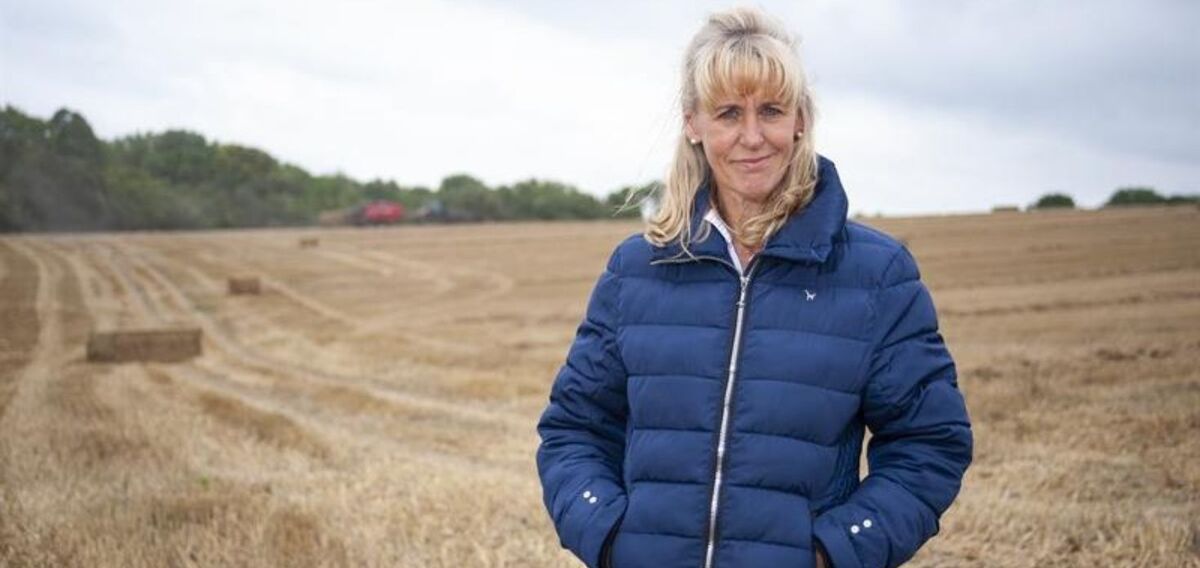The government previously committed to publishing its Land Use Framework during 2023 which would support decision making on how land is used and ensure there is a balance between food security and climate and environmental outcomes.
The EAC’s (Environmental Audit Committee) report highlights the vital role of the framework, and calls for a balanced and sustainable food production that fosters resilience in the face of environmental changes.
Environmental Audit Committee Chair, Rt Hon Philip Dunne MP, said the publication of the Land Use Framework was “long overdue” and called on the government to “prioritise and publish it this year”.
The report is made up of five chapters, each addressing vital aspects of the UK food system. It highlights the intricate relationship between environmental change, food security, and the role of the food system as a major driver of climate change and biodiversity loss. It underscores a pressing need for a comprehensive approach to address these interlinked challenges.
‘UK food security matters’
NFU President Minette Batters reiterated how the NFU has consistently called on government to take national food security seriously, with the need for robust policies to be put in place.
She said: “UK food security matters and we welcome many of the recommendations within the EAC report including the need for food security to be a central principle for the soon to be published Land Use Framework to which we would add energy security and net zero considerations.
“We strongly endorse the Committee’s urgent call for harmonised sustainability metrics, and we eagerly anticipate the promised government support for farmers to meet these standards.”
The Committee added that establishing a baseline of food sustainability metrics will serve as ‘vital tools in measuring progress on food system resilience and sustainability’ but called for more clarity on how and when the government will proceed with this.
“UK food security matters and we welcome many of the recommendations within the EAC report including the need for food security to be a central principle for the soon to be published Land Use Framework.”
NFU President Minette Batters
It also concluded that the ELMs (Environmental Land Management schemes) represent a ‘critical lever’ towards incentivising a shift towards food security.
Vulnerable supply chains cannot continue
The EAC initiated an inquiry in November 2022 to assess the impact of environmental change on food security in the UK. With instances of empty supermarket shelves and restrictions on fruit and vegetable purchases due to adverse weather conditions, the vulnerabilities in the food supply chain were at the forefront of people’s minds.
Recognising the long-standing risks posed by a changing climate and biodiversity loss, the committee aimed to evaluate the nation’s preparedness to ensure food supplies in the face of ongoing environmental changes. The inquiry involved nearly sixty organisations and individuals, including academics, food producers, retailers, and independent advisers.
Notable figures like Henry Dimbleby and evidence sessions with the Farming Minister Mark Spencer developed the findings further, focusing on the projected effects of environmental change, the UK’s readiness, and the establishment of a sustainable food supply.
Minette also gave evidence to the inquiry earlier in the year where she stressed that “the food strategy now needs to be developed into a policy document that really will deliver on what this country needs and, importantly, incorporate the ambition of net zero and joining up food production with environmental delivery”.
The findings of the report are organised around three core pillars:
- Adaptation to climate change and biodiversity loss.
- Global temperature rise and food security.
- Addressing the environmental impact of food production
In consideration of these core pillars, the report has made key recommendations to the UK Government. These recommendations are framed within the context of the inseparability of the UK’s food system from the global system and the need to introduce more diversity and resilience.
The overarching goal is to ensure that Britain can maintain its food security while simultaneously taking steps to protect the planet from the adverse impacts of the food system on the environment.
Minette added: “We also agree with the report’s call for government to recognise the risk of not being overly-reliant on imports. While we will always be a trading nation in food, our own supply chains are too vulnerable as we have seen in the past 18 months with empty supermarket shelves. It’s vital government takes an active interest in UK food chain resilience.
“As the EAC report suggests, our farm businesses must be supported to invest and grow for the benefit of everyone. The government has already committed to ensuring UK self-sufficiency does not drop below its current level of 60%, but we must also have set targets in place for food production as we have for the environment and climate mitigation, with practical and progressive government policies in place that support the production of quality, climate friendly, home-grown food.”




